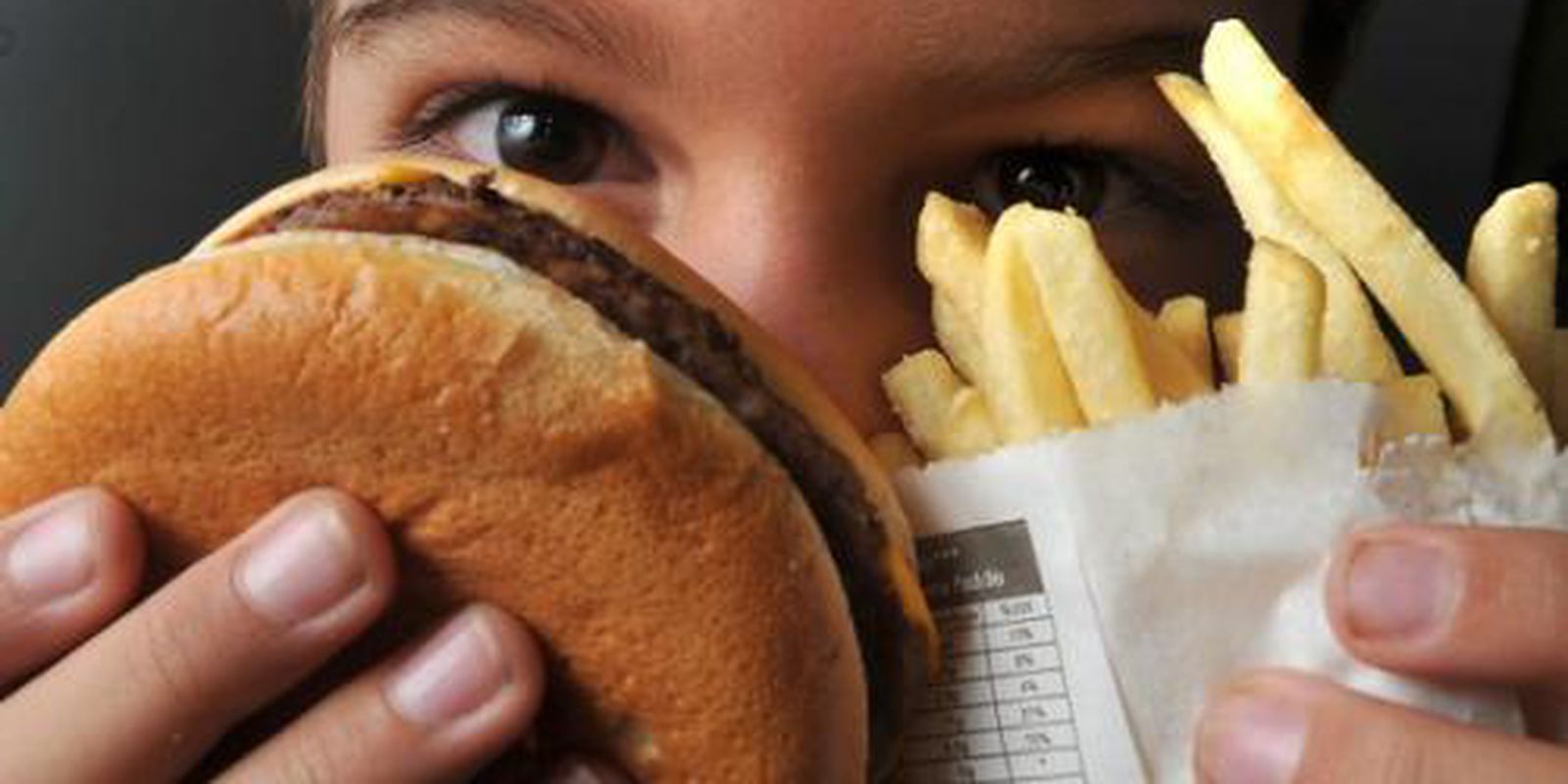Difficulty remembering dates, doing calculations, or performing basic everyday tasks. Cognitive abilities generally decline as age advances. But research by USP scientists shows that the loss is up to 28% higher among people who consume more ultra-processed foods.
These are foods that have gone through such an intense industrial process that their composition doesn’t even look like real food anymore. This category includes loaves of bread, snacks, soft drinks.
Cognitive decline was greatest among people who consumed more than 20% of daily calories from ultra-processed foods. And it’s not difficult to reach that average: 20% is equivalent to three slices of bread a day.
The results were presented at the International Alzheimer’s Conference, held last week in San Diego, United States.
The research analyzed the performance of people who participated in the longest and largest study of cognitive performance carried out in Brazil: Elsa-Brasil. There are about 15,000 people, between 35 and 74 years old, who began to be monitored in 2008 to investigate risk factors for chronic diseases such as hypertension, arteriosclerosis and stroke. The study analyzed data according to the type of food consumed: unprocessed foods, such as vegetables and fruits, culinary ingredients, such as salt and oils, processed foods, with slight modifications such as added salt or sugar, and ultra-processed foods.
Data from the Center for Epidemiological Research in Nutrition and Health at USP show that the average consumption of ultra-processed foods in Brazil is precisely 20% in Brazil. As it is an average, some people consume much more. But even so, it is three times lower than that of rich countries, where the average reaches 60%.
But it is precisely this difference that makes a country like Brazil a market coveted by the food industry, explained nutritionist and member of the USP Nutrition and Health Research Center, Renata Levy.
In October, the new food labeling rules approved by Anvisa come into force. Now, the packaging of products rich in fat, sugar or sodium will have the information highlighted on the product label. Renata thinks this is an advance, but more needs to be done to inhibit the consumption of ultra-processed foods.
Another proposal defended by the researchers is to prohibit the sale of ultra-processed foods in school canteens, since in Brazil, teenagers are the main consumers of this type of product.

















